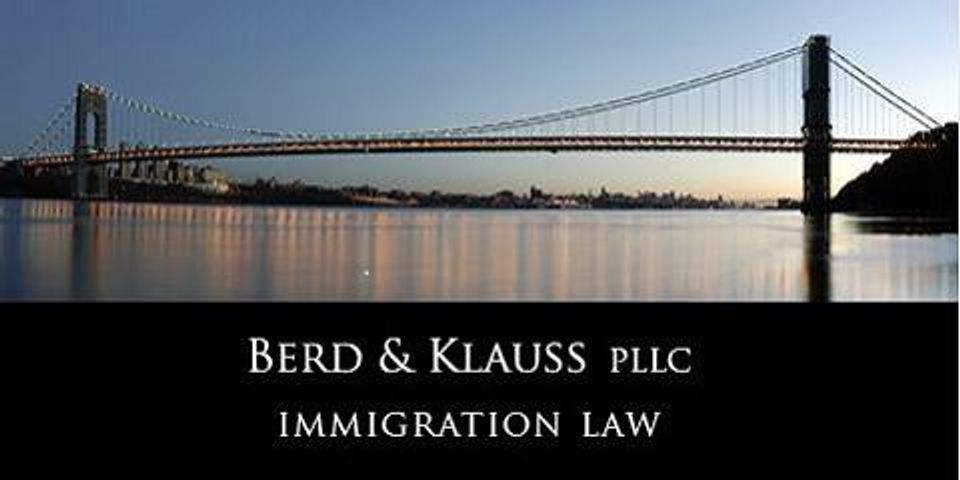USCIS Imposes New Restrictions on TN Economist Category

New USCIS guidelines restrict financial analyst, market research analyst and marketing specialist occupations from the TN Economist category.
The restrictions will apply to new applications and will affect extensions of stay and international travel for current employees in TN Economist status.
The situation
In new guidance issued late Monday, USCIS announced that the TN Economist category will no longer be available to foreign nationals working in financial analyst, market research analyst or marketing specialist occupations, as well as other occupations that are related to economics but primarily include the activity of other occupations.
To be eligible for TN economist status, a foreign national's U.S. position must fall within the definition of economist in the Department of Labor's Standard Occupational Classification (SOC) definition.
The restrictions will apply to new applications for TN status in the Economist category at ports of entry, U.S. consulates and USCIS Service Centers. They will also affect extensions of stay and international travel for current employees in TN economist status.
Background
The TN category was created by the North American Free Trade Agreement (NAFTA) and is open to foreign nationals working in professions listed in the Agreement, including economists. The economist subcategory is not defined in NAFTA or in the U.S. immigration regulations, but historically has been interpreted to include occupations involving economic analysis, including the positions now excluded. In recent months, however, TN economist applications had been subject to increasing scrutiny.
Impact on current and future employees
Employers should work with their immigration counsel to identify employees who may be affected by the new guidelines.
New applications for TN status in the Economist category must meet the new guidelines, whether the foreign national will apply at a port of entry or U.S. consulate, or will be the beneficiary of a USCIS petition.
Employers should consider immigration alternatives for those in market research analyst, marketing specialist and other roles that do not clearly meet the new guidelines. Options to consider include the H-1B, L-1 and O-1 classifications.
Financial analysts may still be eligible as TN Economists but their job duties and qualifications must be reviewed carefully to ensure that they are consistent with the new guidance. Those who no longer qualify as TN Economists may in some circumstances be eligible for other TN subcategories, such as the Mathematician, Statistician, or Accountant categories. Other options include the H-1B, L-1 or O-1 category.
Travel guidelines
The new restrictions could affect the ability of previously approved TN economists to reenter the United States after travel abroad.
All TN economists should expect increased scrutiny by Customs and Border Protection when entering the United States, regardless of their specific role.
TN economists should be prepared to answer detailed questions about job duties and qualifications, and should travel with documentation of eligibility under the new guidelines.
TN economists who do not meet the new guidelines should carefully consider the risks of international travel. Border officers could use the guidelines to refuse entry to the United States, even to those with a valid USCIS approval notice. If travel cannot be avoided, immigration alternatives to the TN economist subcategory should be considered. Options include a border application for NAFTA L-1 status or another TN subcategory, a USCIS change of status, or amendment.
Looking ahead
The new guidelines come as Canada, Mexico and the United States continue to renegotiate NAFTA. Though the immigration impact of the renegotiations is not yet clear, restrictions to the NAFTA mobility provisions cannot be ruled out.
Employers should take the new and potential future TN restrictions into consideration when identifying candidates for H-1B cap sponsorship for FY 2019.
About the Business
Have a question? Ask the experts!
Send your question

